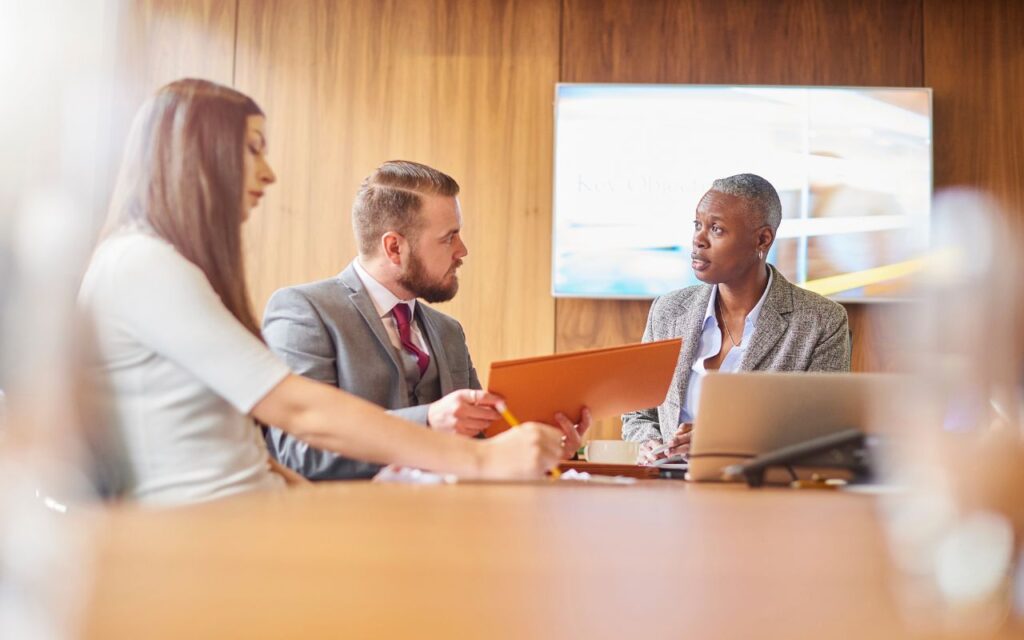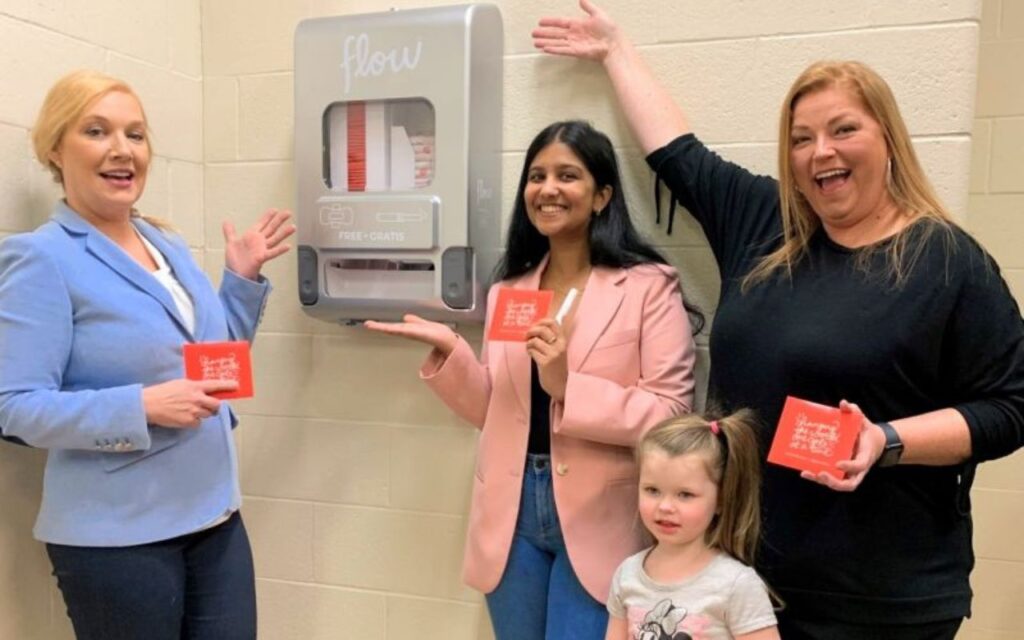
Growing up, I was keenly aware of the silence that surrounded certain topics — periods being one of them. As a young brown girl navigating through life, I constantly grappled with the invisibility of menstrual health issues within societal conversations.
My journey through academia in political science became a quest to break this silence and dismantle the barriers preventing voices like mine from being heard in influential spaces.
One moment from my childhood stands out vividly.
I was around 11 years old when my grandmother told me I couldn’t enter our family temple in Mauritius because girls were “unclean” while menstruating. I felt ashamed as my cousins, siblings, parents, and other relatives walked into the temple that day while I stayed outside, watching the ceremony from afar. This ostracization happened monthly to other women on their periods in our community. It was humiliating, especially in a community that didn’t talk about periods. I felt like I was broadcasting where I was on my menstrual cycle.
Back then, I didn’t have the confidence to defy my relatives or the priests. It seemed everyone went with the flow, and no women spoke up against it. However, when I was 14, my dad surprised me during the Navratri festival. He called out a priest for repeatedly saying that women are dirty because they menstruate. Perhaps the priest didn’t see the irony of celebrating a powerful goddess while calling women unclean. My dad politely told him his services were no longer required. It was the first time I felt that things could change if someone just spoke up.
Finding my voice
Motivated by a desire to contribute to decision-making forums and effect meaningful change, I chose to pursue political science at the university level. I wanted to advocate for the representation of marginalized individuals, specifically brown girls, within esteemed political entities. This decision led to a transformative realization during my academic journey:
In 2021, the opportunity to serve as a Page at the Newfoundland and Labrador House of Assembly provided me with a first-hand observation of parliamentary proceedings. This experience offered real-time access to a space I once deemed distant and fuelled my confidence and conviction in making a meaningful impact within the political arena.
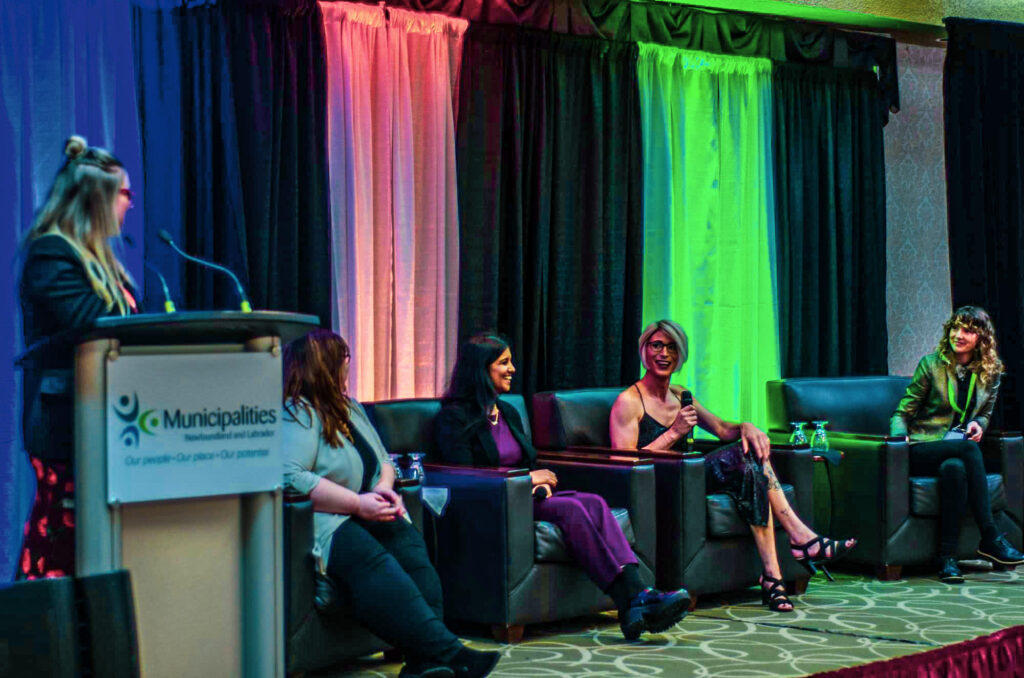
The following year, after several first-hand experiences with period shaming, lack of proper menstrual health education, and menstrual products, I founded the Period Priority Project. With an impactful reach spanning multiple Canadian provinces, my initiative has made substantial contributions to addressing menstrual health challenges.
I still remember, after a radio interview, a young mother emailed me. She shared how she had missed several days of school each month because her family couldn’t afford menstrual products. Her story was a stark reminder of the daily struggles faced by many, and fuelled my determination to distribute over 24,000 pads, tampons, liners, menstrual cups, and period underwear to various communities.
Since then, I have conducted free reusable cloth pad sewing workshops for students. One participant shared how these workshops saved her money and allowed her to educate her siblings about menstrual health in a dignified way. Establishing free period product baskets in gender-inclusive washrooms across campuses in Newfoundland and Labrador was also inspired by a transgender student who confided in me about the embarrassment and fear of asking for period products in public spaces.
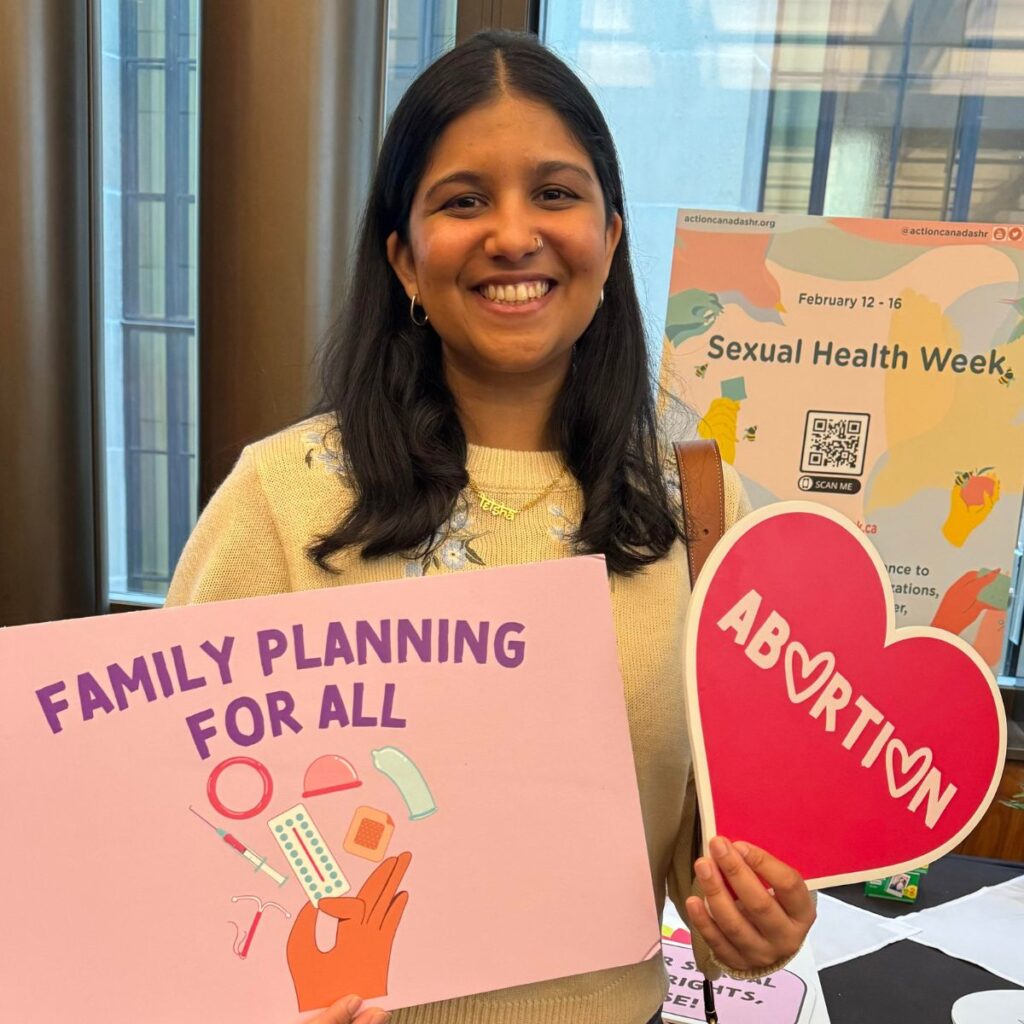
Hosting the Spotify Period Positivity Podcast has been another avenue for raising awareness. I remember an episode featuring an Indigenous speaker who opened up about the period poverty within their community.
This conversation deeply impacted me and reinforced the importance of amplifying diverse voices.
Seeing the impact
The Period Priority Project has also conducted presentations on period poverty and menstrual equity in schools, providing an educational component. A teacher once told me about a student who started a school-wide campaign for free period products after attending one of the presentations. This ripple effect of awareness and action is precisely what we aim to achieve.
One of our significant milestones was helping implement free access to period products within all city-owned public buildings. This victory was personal for me, as it was sparked by a conversation with a young student who described the humiliation of asking her school nurse for pads. Her letter was a catalyst for our advocacy, culminating in policy change that ensures no one in our city has to experience such shame again.
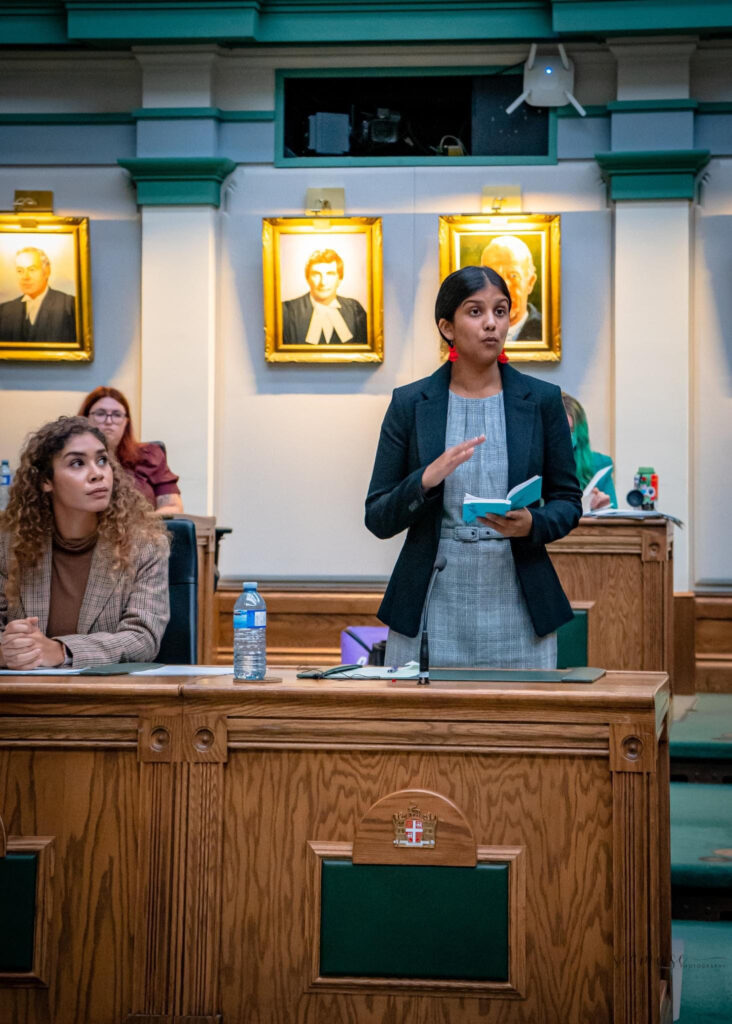
The Future of the Vote program by Equal Voice further solidified my commitment to political leadership. Engaging with elected officials, media representatives, and organizations dedicated to enhancing representation was profoundly empowering. Each experience, from academic pursuits to active involvement in political spaces, has reinforced my belief in the transformative power of diverse voices in the political landscape.
From hearing personal struggles to witnessing the impact of our initiatives, these stories drive the Period Priority Project. They remind us that behind every statistic is a person facing real challenges. Our work is not just about distributing products; it’s about restoring dignity, fostering education, and advocating for lasting change in menstrual health equity.



